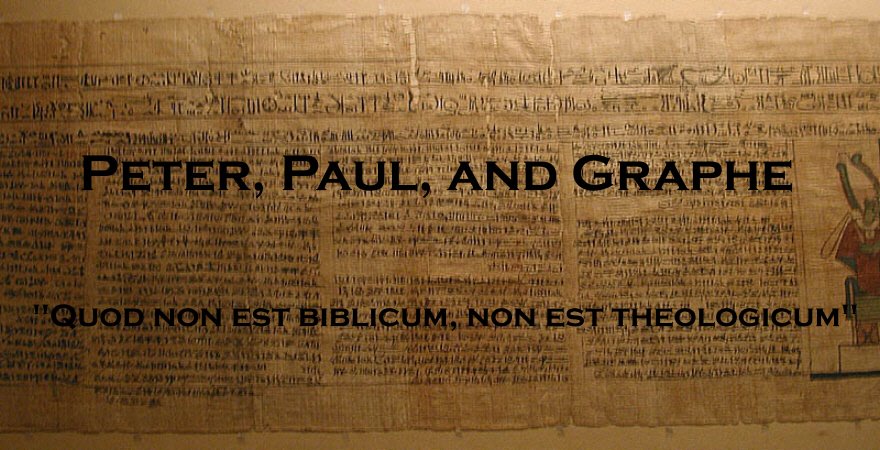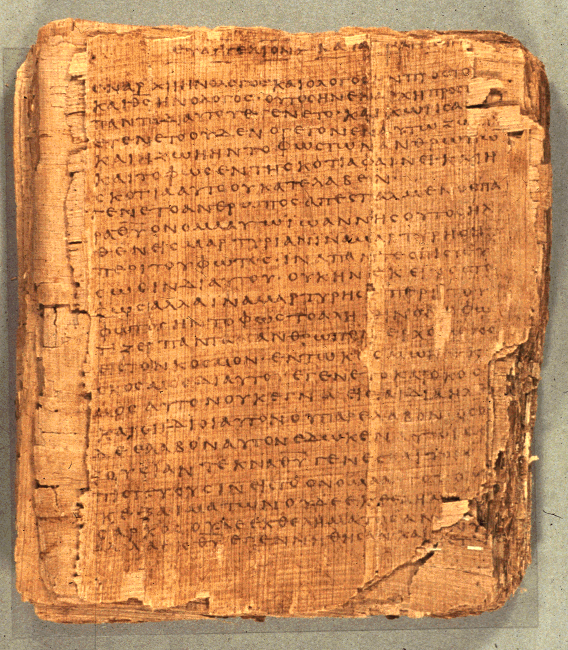 Edwards was a strong Calvinist, and it is not surprising that his views on depravity reflects this tradition. To Edwards, all of mankind was infected by original sin (i.e. original sin was universal, including even infants). The era in which Edwards ministered was characterized by spiritual decline (hence the controversial “Half-Way Covenant”) leading some to hypocritically act outwardly moral. Edwards confronted this kind of living, saying instead that the work of the Spirit (regeneration) was the only means by which one could be moral. Edwards was a strong Calvinist, and it is not surprising that his views on depravity reflects this tradition. To Edwards, all of mankind was infected by original sin (i.e. original sin was universal, including even infants). The era in which Edwards ministered was characterized by spiritual decline (hence the controversial “Half-Way Covenant”) leading some to hypocritically act outwardly moral. Edwards confronted this kind of living, saying instead that the work of the Spirit (regeneration) was the only means by which one could be moral.
Edwards has puzzled me concerning this aspect of anthropology: in a previous post, I wrote on the inclinations on man and Edwards view on the “natural abilities” versus the “spiritual principles” dichotomy within man. It seems as though his dichotomy would contradict his view of depravity: however, if we remember correctly, Edwards protected himself by claiming that the Fall affected the spiritual principles, which informed the natural abilities; therefore, man would always naturally choose what is wrong.
I promised in that first post that we would delve into the Edwardsean view of free will, so here we go! I hope that we will be able to complete it here, but I believe we may have to carry over to next week.
As I previously mentioned, Edwards ministry occurred during a time of spiritual decline in New England. For example, one of Edwards first major treatise (Misrepresentations Corrected) confronted his cousin Solomon Williams’ view of church membership. Williams taught that there was a level at which an unregenerate person can consent to the gospel, and that this consent could potentially lead to an effectual transformation. Edwards refuted his teachings by claiming that not only did it undercut the doctrine of regeneration, but was indeed a mere rewording of the old Pelagian heresy! (crediting the unregenerate with the ability to be accepted by God). Edwards proceeded to write his famous work (Careful and Strict Inquiry into the Modern Prevailing Notions of that Freedom of Will which is supposed to be Essential to Moral Agency) in which he defended the scriptural doctrine of human responsibility and also attacked the idea that the human will was “self-determining” or possessed in and of itself the ability to determine itself (i.e. “choose”).
We will end this discussion by noting Edwards answer to the doctrine of human responsibility, and discuss next week the details of his dichotomist view in relationship to free will.
Edwards stated that Man is free in the sense that He possess the faculties of moral agency (i.e. the “affections”: mind, will, and emotions). Therefore, Man is a responsible agent. Man is however, unable of spiritual good because these faculties do not have the constitutional disposition inclined to good. Original sin has tainted the affections. Edwards correctly taught that the acts of Man’s will are dictated by moral necessity: Man’s choices, therefore, are determined by his nature. An unregenerate man has a fallen nature and so he will never “will” to please God or choose the things of God. Regeneration is then a divine act, an implantation of a new nature: Man’s acts (repentance and faith) are then contingent upon the first act of God. Needless to say, Edwards successfully defended the Calvinistic idea of Conversion. |





















Comments on "Edwardsean Theology, Part 3: Human Depravity and Free Will"
post a comment